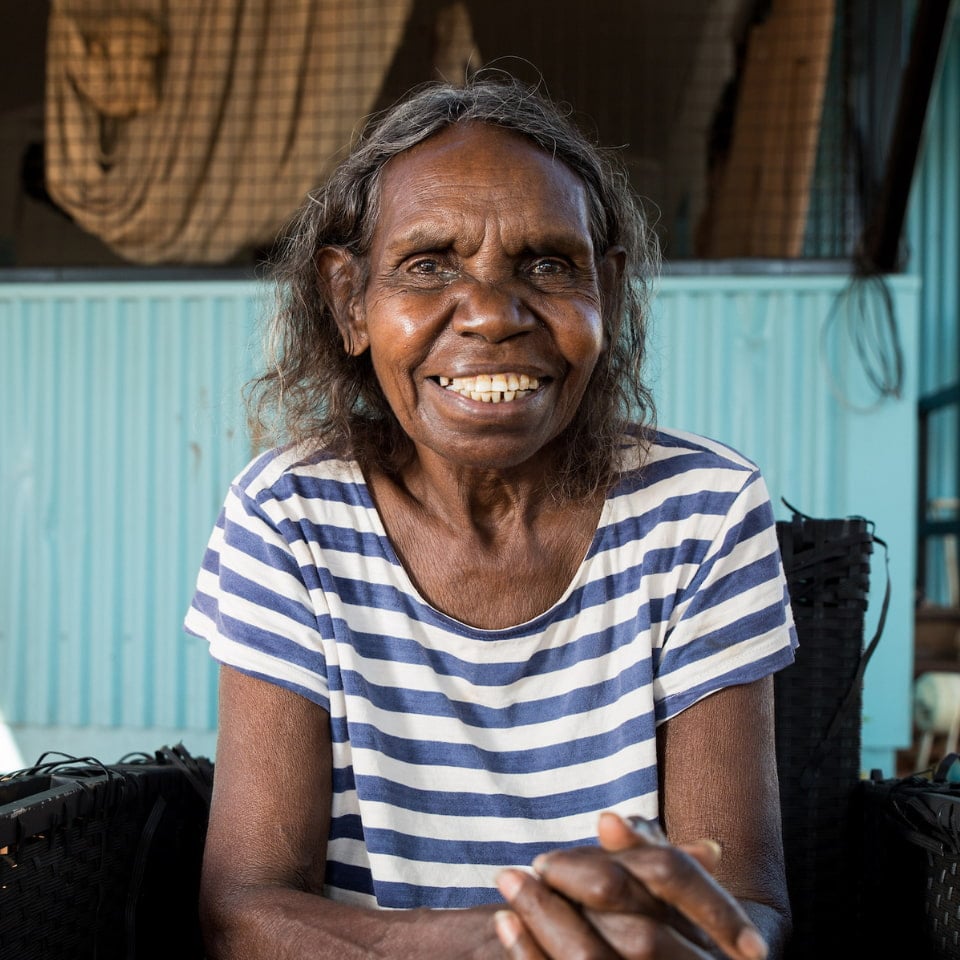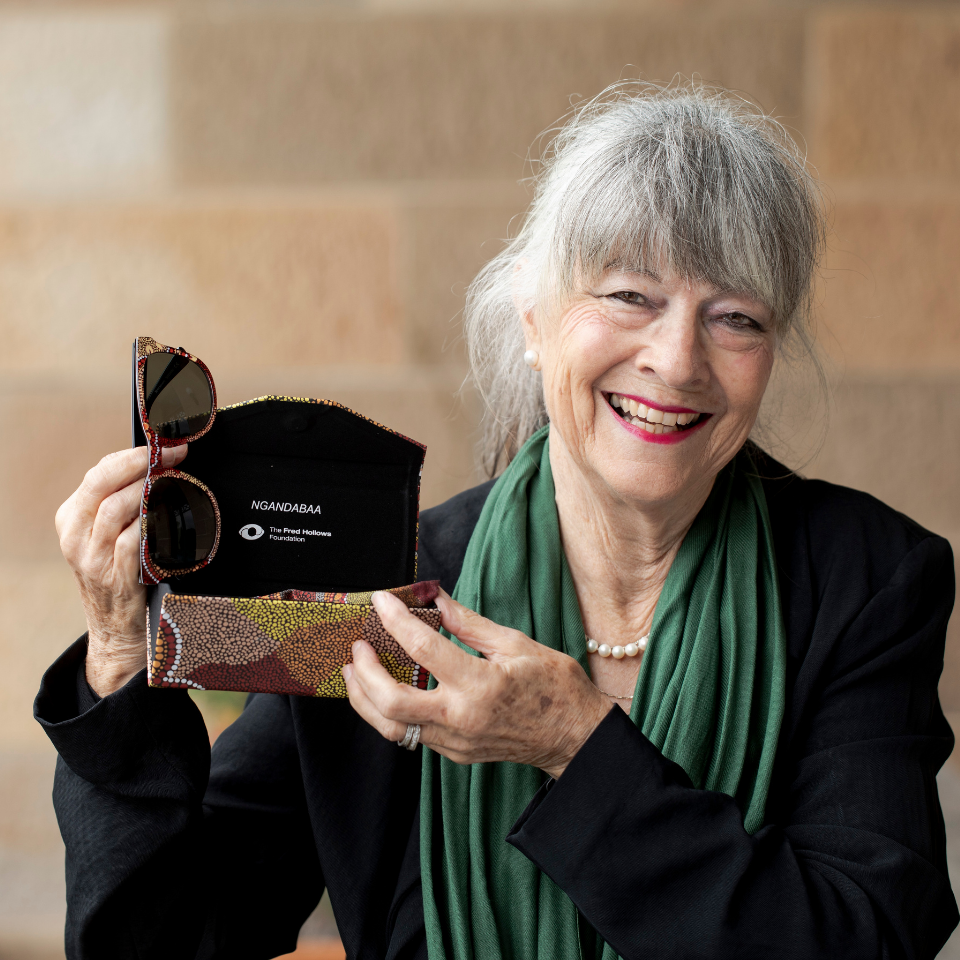The Fred Hollows Foundation and Specsavers
Specsavers has partnered with The Fred Hollows Foundation since 2011 and shares the vision that everyone deserves access to high quality and affordable eye care and eye wear. Being an optical retailer, as well as the nation’s leading eye health provider, this partnership is the perfect example of a business taking responsibility within its own sector.
The Fred Hollows Foundation and Specsavers have partnered since 2011. Over this time, Specsavers have donated over $8 million towards The Foundation’s work.
The Specsavers Community Program raises significant funds for The Foundation. Specsavers stores across the nation donate a portion of their glasses sales to contribute to closing the gap in eye health experienced by Aboriginal and Torres Strait Islander Peoples.
Specsavers not only supports this work financially, but also through eye health equipment donations to support Aboriginal Health Services, and a skilled volunteering program that gives their optometrists the opportunity to give back to remote and under-serviced communities in Australia by providing eye care services.
They sponsor The Fred Hollows Humanity Award each year, which recognises Year 6 students across Australia who show compassion, integrity and kindness in their lives, just as Fred did.
On top of that, each year Specsavers releases Limited Edition Frames, featuring artwork from renowned Aboriginal and Torres Strait Islander artists, donating $25 from the sale of each pair of frames to ensure Australia’s First Peoples have access to culturally appropriate eye care.
Case Study: Optom Outreach
A key element of our partnership is the Optometry Outreach Program, which serves as a unique and exclusive opportunity for Specsavers’ optometrists to professionally volunteer with The Foundation’s program partners in the field.
In August 2022, for the first time since the pandemic began, The Foundation’s Corporate Partnerships team was proud to join Specsavers on a trip to Lightning Ridge, New South Wales. The purpose of the trip was to support the work of our Program Partner, the Outback Eye Service (OES). The Outback Eye Service is one of the many programs that Specsavers contributes to, and the trip helped to address the backlog of patients who have been waiting for eye checks during the COVID-19 pandemic.
Read more here.

